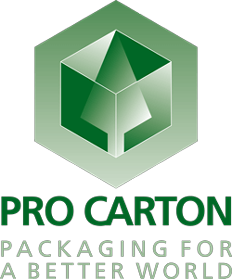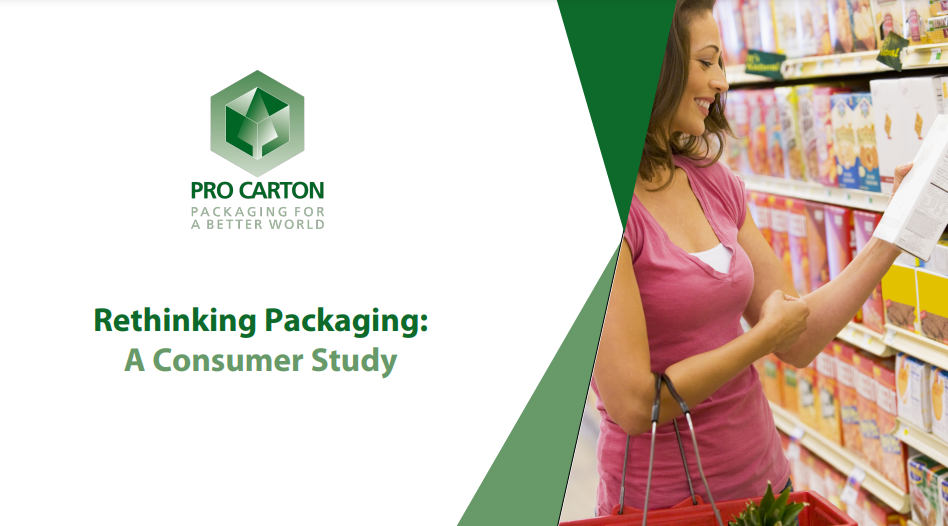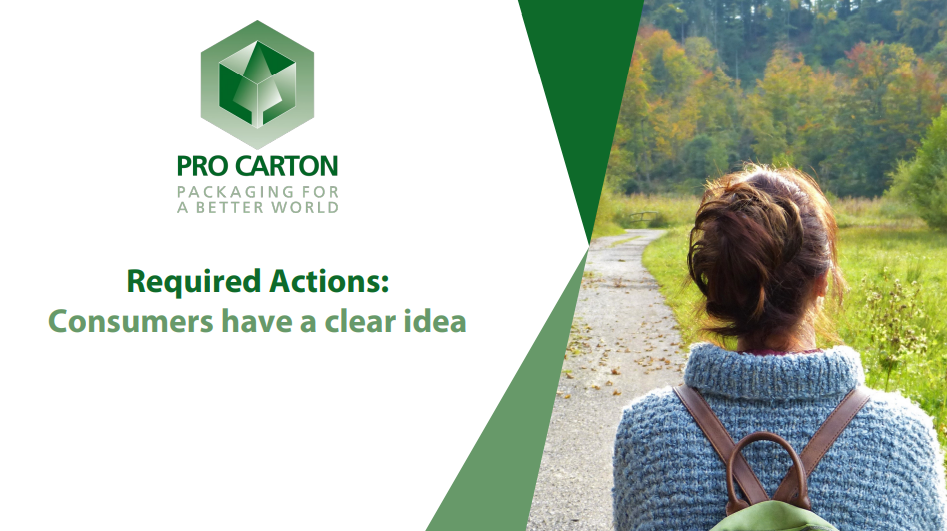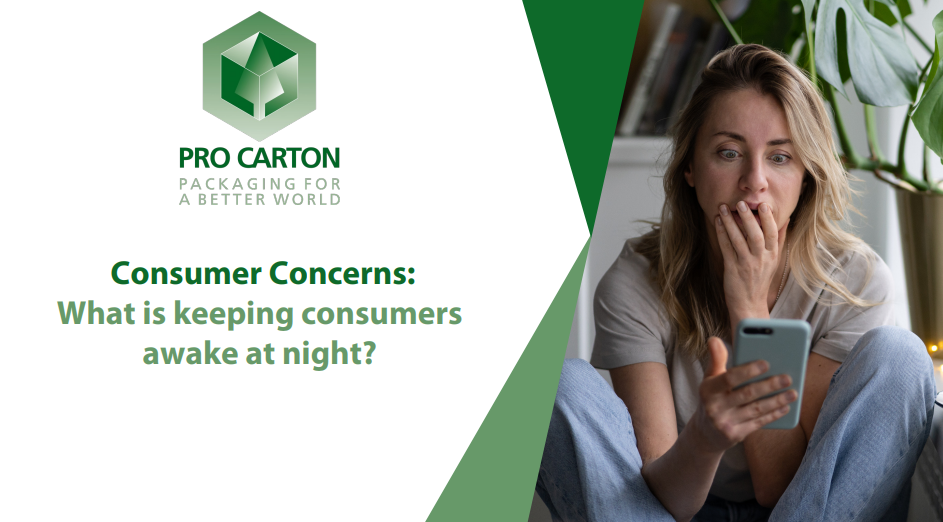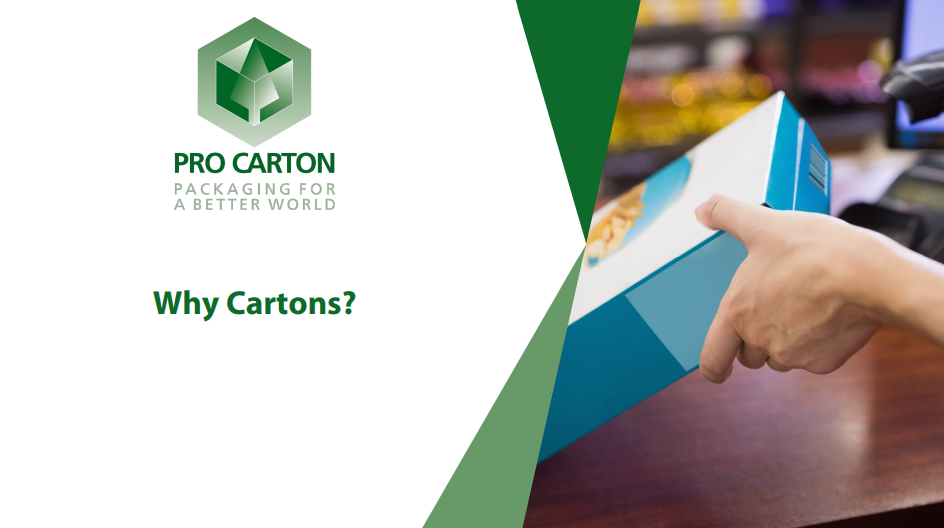Winfried Muehling, February 2023
In a recent interview discussing my New Year’s resolutions for the industry, I argued that it was absolutely vital we are guided by science, rather than a gut feeling. This issue feels particularly prescient following the EU Commission’s Packaging and Packaging Waste Regulation (PPWR) proposal, which we felt did not sufficiently stress the relevance of scientific knowledge, such as independent Life Cycle Analysis (LCA) studies.
The importance of using science to help achieve our objectives is a belief shared by Pro Carton and our many members, whose innovation is helping us make enormous strides towards our circularity goals.
It is on this basis that we commissioned our latest consumer research, asking more than 5,000 European consumers about their attitudes towards the environment and packaging perceptions – exploring everything from sustainable forest management and transportation, against other global concerns such as the war in Ukraine, Covid-19, and the economic crisis.
Winfried Muehling is Pro Carton Director of Marketing & Communication
The study produced a number of fascinating findings. Among the biggest challenges identified by consumers, climate change (63%) ranked second only to the cost of living (71%) but ahead of warfare (59%), the economy (55%) and poverty (52%). It also revealed that two-thirds of consumers believe that a sustainable lifestyle is more important, demonstrating unequivocally that taking care of the environment is near the top of the agenda for increasingly eco-conscious consumers even in times of volatility and great uncertainty.
When it comes to packaging, the research was conclusive. One particularly eye-opening finding was that over half (54%) of European consumers chose a brand specifically for the packaging used during 2022. Furthermore, 47% of European consumers had switched brands or products because of concerns about the packaging used. Both insights reveal consumers believe brand owners and packaging material suppliers have a responsibility to the planet, and that packaging plays a major role in driving brand loyalty.
And what were the most important packaging features in the eyes of the European consumer? Well, in first place was ‘easy to recycle’ with a staggering 86% of consumers believing it to be either ‘very important’ or ‘somewhat important’, clearly indicating that consumers have the environmental consequence of the purchasing decision in mind at point of sale! It was followed by ‘made from natural renewable materials’ (81%) and ‘protect the product’ (81%), further showing the sustainability credentials of packaging play a big role in its desirability, along with its practical considerations.
The perceived importance of these three packaging characteristics goes a long way in explaining consumers’ increasingly strong preference for cartonboard. The sustainable packaging material, which boasts a recycling rate of 82% and is sourced from the wood pulp of sustainably managed forests in Europe, was preferred by a whopping 86% of consumers to plastic. Revealingly, 82% of European consumers were confident in its recyclability, ahead of glass (80%) and corrugated cardboard (79%), a clear indication of consumers’ trust in the collection and recycling system of fibre-based packaging.
We will only manage to put a circular system in place if we gain the trust and confidence of consumers in the meaningful separation and recycling of packaging material. Recycling follows collection.
We are targeting a recycling rate of 90% for paper and cartonboard packaging by 2030. This requires more than 90% collection rate for valuable fibre material. We trust in the support of consumers in Europe. We want all carton material back for recycling to defend our leading position as a circular packaging material. A true circularity champion.

